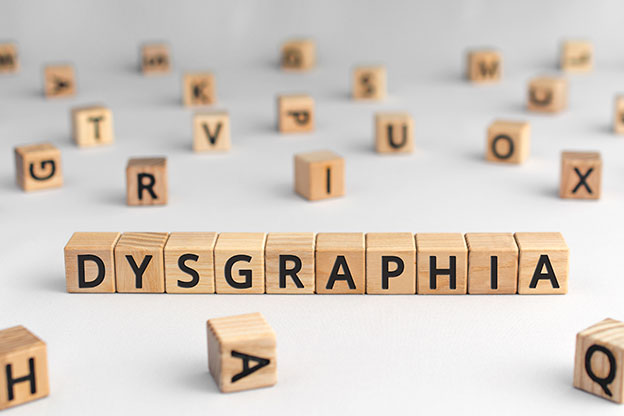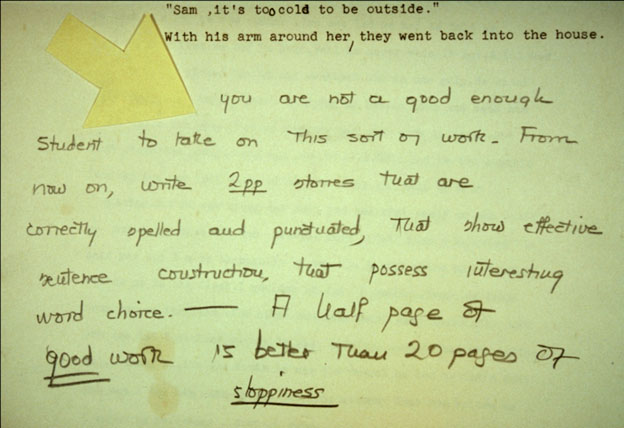It had to be in the nineteen-eighties when for those of us who had not yet bought a computer there were endless debates about what was preferable, an IBM PC or Apple’s Macintosh. For someone like me who had only worked on manual typewriters—and loved my Royal typewriter—it was a hard decision. (See my blog post for March 12, 2019)
As it happened I was living in Los Angeles at the time I opted for a PC, probably because I was living next door to a computer technician, who advised me to do so.
A computer radically changed the way I wrote. Even when I had committed to professional writing—and had already published some books—I had struggled all my life with being dysgraphic.

[What is dysgraphia? Here is a definition I scraped from the internet: “Dysgraphia is a disorder of writing ability at any stage, including problems with letter formation/legibility, letter spacing, spelling, fine motor coordination, rate of writing, grammar, and composition.” Or, as a fond aunt of mine once said to me, “Avi, you can spell a five-letter word incorrectly six different ways.”]
During elementary school, Fridays were always spelling test days. Every Friday morning I would inform my parents that I was too sick to go to school. That didn’t work. I went to school.
And here is a high school paper, as corrected by an English teacher.

Even when my manuscripts were proofread before I sent them to an editor, when I retyped the manuscript, I would make just as many—if not more—errors.
Scott Fitzgerald (of Gatsby fame) was, apparently, a bad speller. An editor, upon reviewing one of my manuscripts, said I won the “Fitzgerald Bad Speller of the Year Award.”
So, learning to use a computer, with its ability to correct manuscripts and stay corrected, was a huge thing for me.
Then there was the day I learned to use the spell-checker.
I don’t use the word “thrilled,” very often, but that day I was truly thrilled. In a stroke, years of frustration, embarrassment, and endless re-typing changed for me. I wanted to award the inventor of the spell-checker the Nobel Prize, twice, once for technology, and again for psychology.
Indeed, (ever since) when I am writing, not a session passes, when I do not run my work through a spell-checker, and now, a grammar checker, as well. Yes, spelling but also, missed words, commas, wrong words, all is revealed.
Curiously, years of working with a computer, along with its blessed spell-checker and grammar checkers, has actually helped me improve all those elements of my dysgraphia. I suspect knowing I was making all those glitches created great tension. That tension in turn caused many a mistake. Having erased that tension, many a mistake is not made.
And so, when I finish this bit, I will check it. Happily, you won’t notice.
But I will.
1 thought on “Writing with dysgraphia”
Thank you so much for writing about dysgraphia and your challenges with it. I love your stories. You are a fabulous story writer! Thank you for all your persistence!